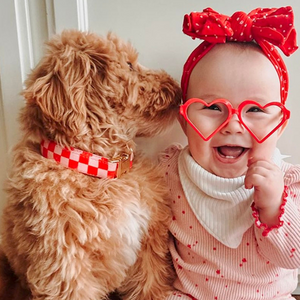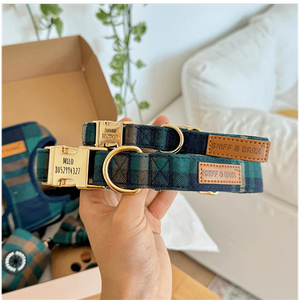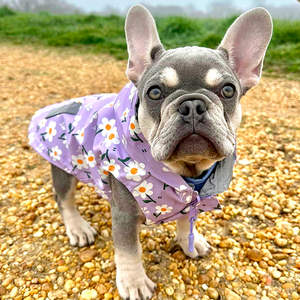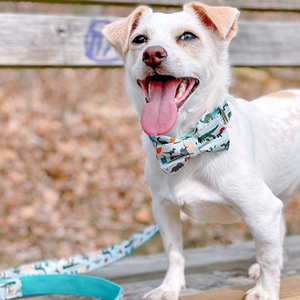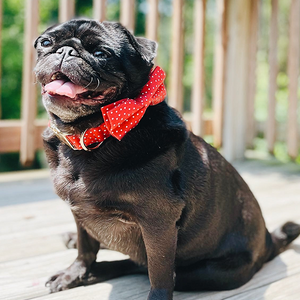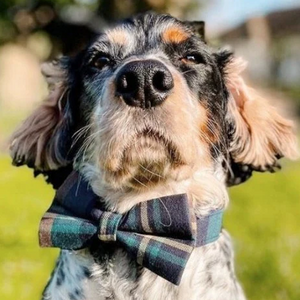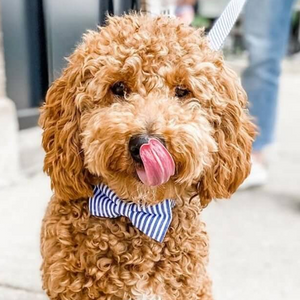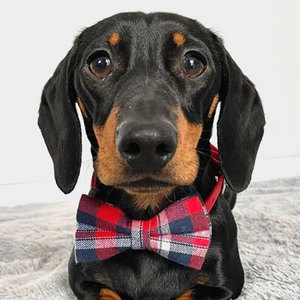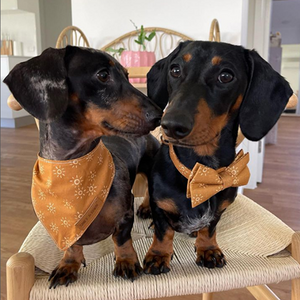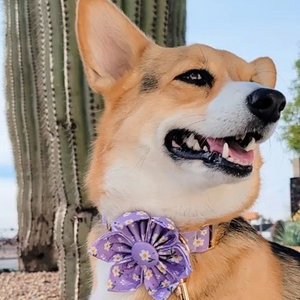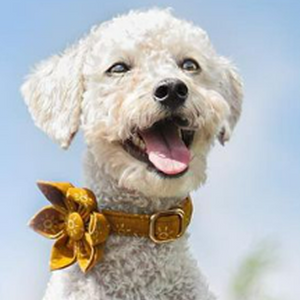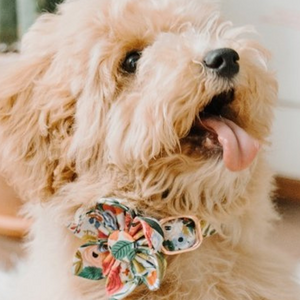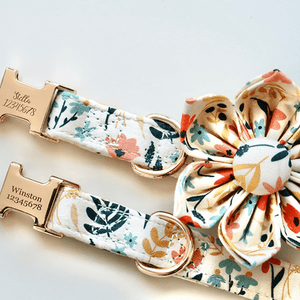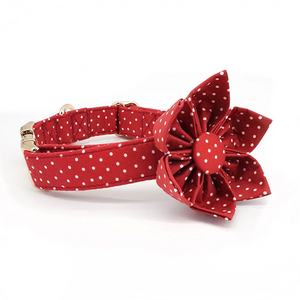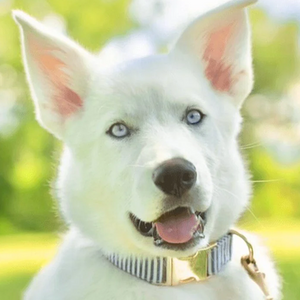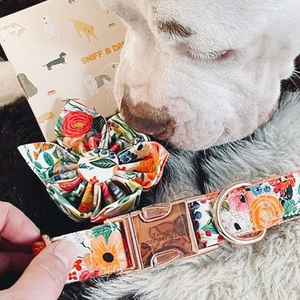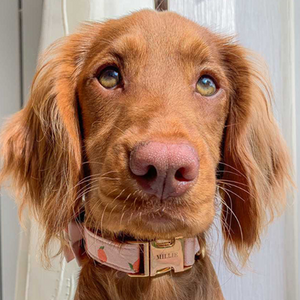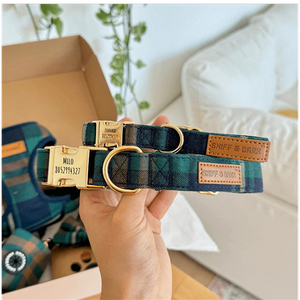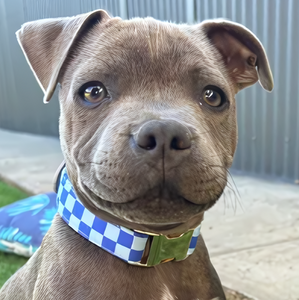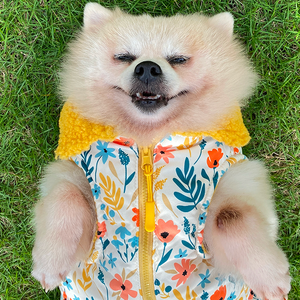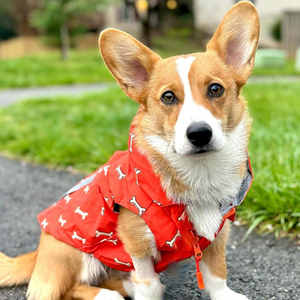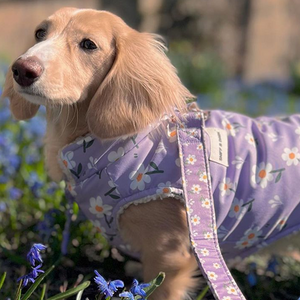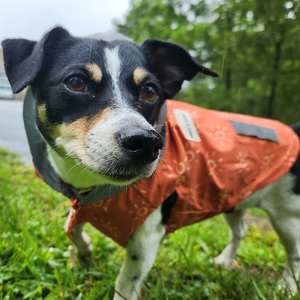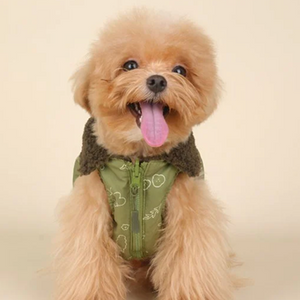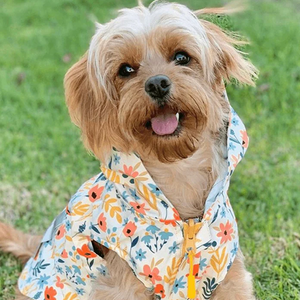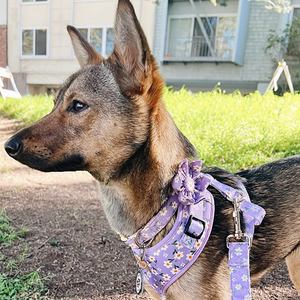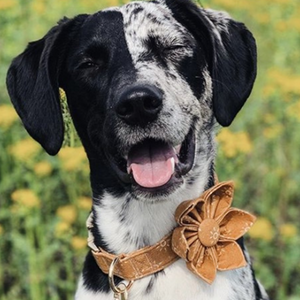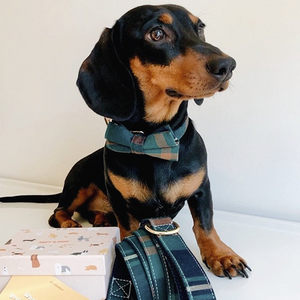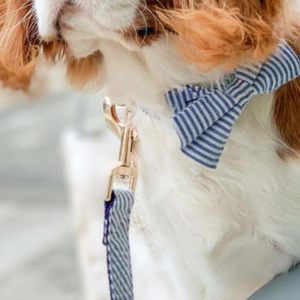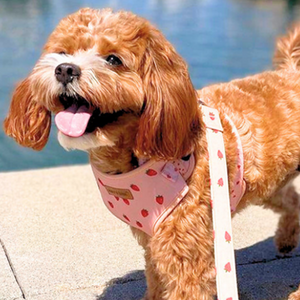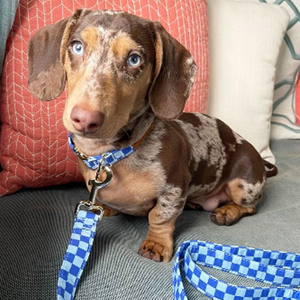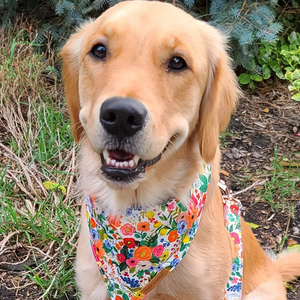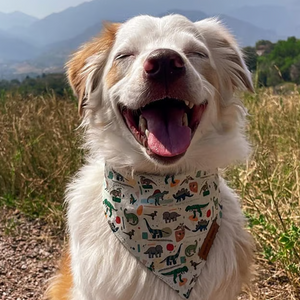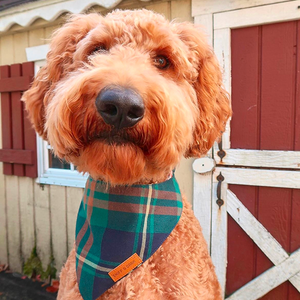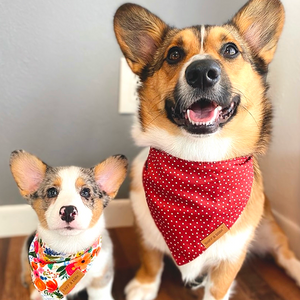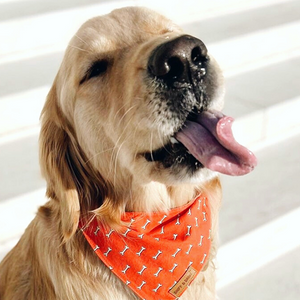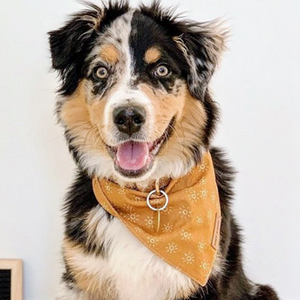Nothing is more nerve-wracking than figuring out how to get ready for your first pup companion! Listen, we have been there too. Here are the first 5 things to do when you take your puppy home. Dive into the must-know tips now!
02/26/2024 | Sniff & Bark
Tip #1: Documentation & Health
Whether you are adopting from a shelter or buying from a breeder, documentation of their medical history should be given to you. This may include birth defects, vaccinations, parasite treatments, and general veterinary exams. Most puppies will not get their first veterinary exam until 6-8 weeks old.
Whatever the age of your puppy, book them in for an exam! You want your puppy’s health record to start as soon as possible!
Tip #2: Potty Training
Just like human kids, potty training time can vary according to your puppy’s unique needs. This can seem like a never-ending part of your life, but trust us… You can do it!
The key is consistency and positive reinforcement. It can take 4-12 months for your puppy to be accident-free. For small and toy-sized dogs their small bladders mean they need a lot more potty breaks.
You can start by planning a schedule:
- As soon as someone wakes up (whether you or them)
- Just before bedtime – as close as possible
- 15-20 minutes after eating or drinking
Even with this in place, you might have accidents happen for the first 2-3 weeks while they are learning. Depending on the breed and size, they may take a bit longer.
Positive reinforcement is the way to go to help your puppy understand that outside is where they need to be when the time comes, and how to communicate when they notice they need to.
Dogs will tell you when they need to go potty, pay attention to those cues, and give positive reinforcement when they give you those cues!
This reinforcement does not have to always be treats or food. Giving them a toy, or simply praising them can go a long way. Remember, they love and have emotions like humans do! If you were learning something important, how would you like your family to encourage you?
Tip #3: Manners and Socializing
It is cute when they are tiny and try to hold onto your shoelaces, but if you do not want this behavior forever you have to teach them.
There is something called “Puppy Privilege”. While you are socializing your puppy with a variety of people, objects, and other animals you may be wondering what to expect!
While your puppy is too young for all their vaccinations, you can socialize them with other dogs you know have been vaccinated. This can be playdates, dogs on your walk, or even that curious snoot you see peeking between your shared fences.
Most dogs learned about puppy privilege from their puppyhood from their mother and siblings. All it means is extra tolerance and being more gentle with a puppy than they would an older dog.
AKA, they can get away with a lot more!
It’s important to note not all personalities get along and it depends on both parties to watch any interactions. Even the most tolerant of dogs can get a little out of sorts without a break, so make sure your puppy and the other party get some time apart to relax during a long visit.
Watch for lip-raising, growling or grumbling, moving away from the puppy, facing away to ignore, and more for signs that the playdate is over.
Tip #4: Teething Era
This has to be one of the hardest things about puppyhood. Those baby teeth are going to fall out to make room for their adult teeth. It causes irritation, soreness, inflammation, and an insatiable appetite for your furniture corners, your fingers, and anything else they can get in their mouth.
If you spot a loose tooth on the ground, consider yourself lucky - those baby teeth are often swallowed with no ill effects.
Feeling the uncomfortable pain of this natural cycle can upset, or even spark a rebellion in your puppy. You can help soothe them in their time of need! Special teething toys can be put in the freezer to reduce pain and inflammation temporarily.
We recommend two so you always have one on hand while the used one is re-freezing. If your puppy is having a particularly hard time with one side or the other, you can try freezing a soft cloth and holding it to the affected side on the outside of their lip (like holding an icepack to your cheek) for extra pain control.
If they are still struggling or you are finding your puppy’s gums are always bloody, it is time to take them to the veterinarian. They may have a tooth that’s struggling to come out because of its shape, or they might have lodged a tiny piece of something into those raw gums. Ouch!
Again, it takes patience, but this not so fun period will pass!
Tip #5: Balancing Work & Quality Time
If you are not lucky enough to be able to stay home most hours with your new puppy, you may be wondering what to do to keep them happy and safe while you are gone.
Different breeds and personalities react to this stage in different ways. Most of the time, they will get stressed that you are gone. We know we watch a lot of YouTube videos of what dogs get up to while the owner is away!
Kennel training is a popular choice because it creates a den-like environment that can help your puppy feel less stressed. It also minimizes the chances your puppy tries to eat or destroy something they shouldn’t.
Until your puppy no longer eats everything it sees, it is probably best to keep bedding and toys to a minimum so they cannot choke on potential small pieces.
Remember, if they can fit it in their mouth, they will probably chew on it.
We do want to make sure we mention that you should probably keep that heater or fan going while you are away. A puppy can get too hot and too cold very quickly. T
hey don’t have the muscles or size yet to regulate their body temperature well, yet. If your puppy tolerates it well, try out one of the fleece vests we have in stock!
Before you go back to work, practice leaving your puppy alone. Start at two minutes and gradually increase the time until they learn how to adapt to being more independent.
It is worth noting some breeds are known to be ‘Velcro’ dogs. They are more likely to get depressed, bored, or more destructive if they are left alone for long periods.
Conclusion
Bringing home a new puppy is an exciting yet daunting experience.
With these essential tips in mind, you'll be well-prepared to welcome your furry friend into your home and embark on this wonderful journey together.
From ensuring their health and socialization to navigating teething and balancing work commitments, remember that patience and consistency are key.
Embrace the challenges and joys of puppy parenthood, and cherish every moment with your new companion. Happy puppy parenting! 🐾










